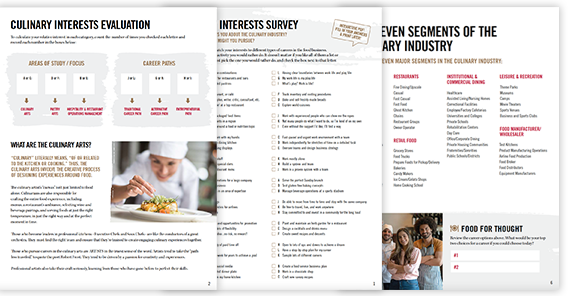Four Tips For The Perfect Chicken Stock
When you’re sick, there’s nothing quite as comforting as a good cup of chicken soup. Jokingly hailed as “Jewish penicillin,” chicken soup has been found to have actual medical merits aside from making you feel better. As you learn how to cook, one of the best things you can do is find easy recipes for chicken soup, try them out, and store the contents in your freezer. That way, whenever you need a steaming mug of goodness, it’ll never be too far away. Before you start cooking, take a look at these tips for the perfect chicken stock:
Make your own
Flavor aside, making your own broth will help you avoid the jacked up sodium content found in many packaged soups.
Try to pre-roast
Before you throw your vegetables and chicken bones into the pot, try roasting them. It will help enhance their natural flavors and create a tastier soup.
Use a variety of chicken parts
The neck, thighs, breasts and wings all have different tastes and subtle textures, so using them all will add a more robust quality to your broth and decrease the need for added salt.
Skim the foam
As your soup is simmering, you should periodically skim the foam off the surface. Most of the foam is fat, and removing it won’t affect the flavor of your soup.





Recent Comments